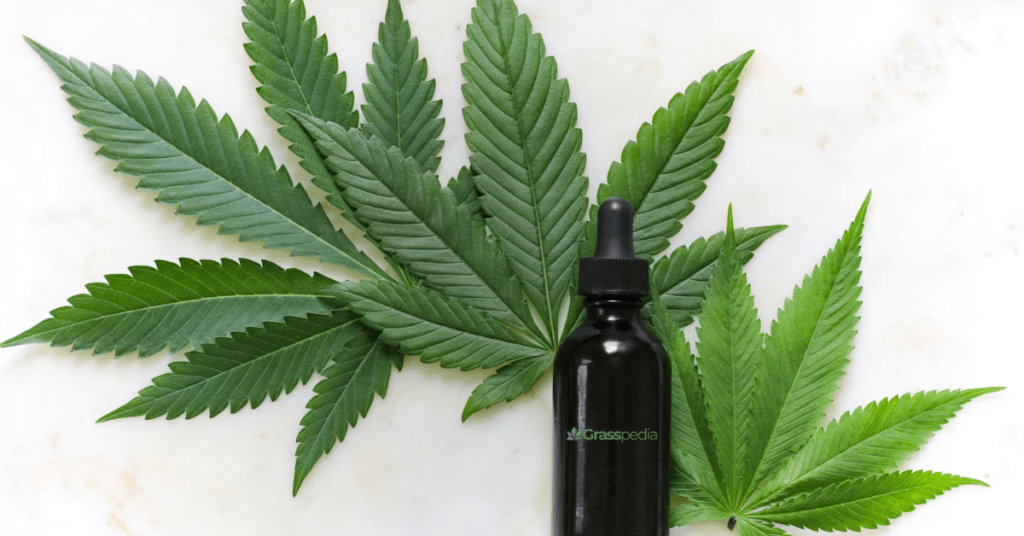If you’ve ever met someone claiming, “I just don’t get high, no matter how much I try,” you might have wondered: is it actually possible to be immune to weed? Or is there another explanation for why some people hardly feel the effects that leave others giggling on the couch?
Here’s where biology, genetics, and life experience intersect in fascinating and sometimes frustrating really ways.
What does “immunity to weed” really mean?
Let’s start by setting the record straight: true immunity to weed or THC, like the way vaccines make you immune to viruses, doesn’t really exist.
THC, the psychoactive compound in cannabis (yes, the one that makes you high), works by binding to CB1 receptors in your brain and CB2 receptors throughout your body. Virtually everyone has these receptors as part of their endocannabinoid system.
But if you don’t feel much (or anything) after consuming cannabis, you’re not alone. Some people:
- Naturally feel less of a “high” (even as beginners)
- Stop feeling effects after months/years of heavy consumption (weed tolerance)
- Feel different effects (like just getting sleepy, or anxious)
So, what gives?
5 big reasons why someone might not feel THC?
1. High tolerance from frequent consumption
The more often (and the more) you partake in cannabis, the more your body adapts. Researchers have found that long-term regular consumption reduces the effects of high and can even decrease the number of these receptors in the brain. This is why some seasoned partakers need much higher doses to feel the same kick, and why they might eventually feel “immune” to weed’s buzzy effects.
The fix: Take a “tolerance break” (usually about 1–2 weeks), and most people see sensitivity return. And read this blog on weed tolerance for a deeper dive.
2. Unique body chemistry & genetics
Just like some people need more caffeine to feel awake, everyone’s endocannabinoid system (“ECS”) is a little different.
Studies show that genetic differences like variations in cannabinoid receptors or differences in THC metabolism can make some people less responsive to THC (or sometimes more sensitive). For a few, it’s harder for THC to “dock” with their brain’s receptors, so the psychoactive effects are muted or absent.
The interplay between genetics and body chemistry makes cannabis a uniquely personal experience. Some people’s DNA makes them natural “resisters” to the classic high, while others can be overwhelmed by tiny doses. This diversity challenges one-size-fits-all approaches, shape personalized cannabis therapies, and explain why anecdotal reports of “immunity” to THC are entirely plausible from a scientific standpoint.
3. First-timer factors
Oddly enough, a lot of newbies don’t get high initially. Theories range from improper inhalation to not recognizing subtle effects to not having a fully primed ECS.
Sometimes, certain individuals’ bodies ramp up cannabinoid receptor production after first contact with THC, leading to delayed or blunted initial effects.
4. Hormonal & health factors
Hormones like pregnenolone can block THC from activating CB1 receptors, according to this research.
High natural levels might require higher doses for a partaker to feel anything, and individual hormone or metabolism quirks play a big part, too.
Underlying medical or neurological differences might also affect how THC interacts with brain chemistry.
5. Product strength, method, & expectation
Sometimes, “immunity” is simply a result of low-quality cannabis, poor ingestion method (like not inhaling deeply), or misreading your body’s cues, especially when expectations are sky-high from others’ stories.
Can you build permanent immunity to THC?
Current science says: no. You can build up a high tolerance, and it can take a while for it to fade, but your body doesn’t become permanently unresponsive. Most people recover their sensitivity with a break (even after years of use).
However, a few rare genetic variations might naturally make someone less sensitive to THC all the time, though even then, it’s more about “dampened” effects than true immunity.
Why some people feel “immune” but can still develop sensitivity
- Delayed response phenomenon: Especially among occasional or new consumers, the body may initially seem uninterested in THC due to unfamiliarity with the substance or inefficient receptor interaction. Repeated exposure can “prime” the ECS, sometimes leading to stronger responses over time.
- Placebo and perception: The subjective feeling of being “immune” often involves psychological factors and expectations. Cannabis effects can be subtle or variable, especially with edibles, which take longer to metabolize and produce effects.
Real stories & community voices
- Reddit is full of people sharing: “I tried several times and it just makes me sleepy, but never ‘high.’ Is something wrong with me?” (It’s common!).
- Others describe gradual loss of effect after daily consumption, a sign of escalating tolerance rather than real immunity.
What about the immune system?
People sometimes confuse “immunity to weed or THC” with how THC impacts the immune system.
THC can modulate immune responses (sometimes suppressing certain immune cells or inflammation markers), but this is a totally separate issue from whether you can feel high or not.
How to tell what’s happening to you (and what to do)
- If you’re new: Make sure you’re using the right dose, method, and setting. Sometimes effects are subtle, especially at first.
- If you’re experienced and not feeling it: Try a break, lower your dosage for a while, or look into product quality.
- If it never works: Your individual genetics or biology might be at play, and that’s okay, everyone’s body is different.
- If you’re worried: Check with a healthcare professional, especially if you have health conditions or are taking other medications.
You can’t be truly immune to THC in the medical sense, but your personal experience can absolutely range from ultra-sensitive to seemingly unaffected, thanks to a unique mix of genetics, tolerance, biology, and lifestyle.
Most people who feel “immune” either have high tolerance after long-term consumption or are experiencing normal individual variation built into human biology.
Cannabis is nothing if not personal, so experiment safely, listen to your body, and remember: what’s true for your friends might not be true for you.
Curious to dig deeper?
- What Is Medical Cannabis and How Can You Legally Consume It in 2025?
- Is Cannabis Good for Your Mental Health? Myths, Facts & Studies Explained
- 7 Easy and Effective Ways to Get Rid of Stoned Eyes
- AI in Cannabis: How AI & Data are Changing Cannabis Cultivation
- 9 Things To Do If You’re Too High (For those who aren’t immune and end up greening out, here’s your emergency manual. The irony isn’t lost on us.)


